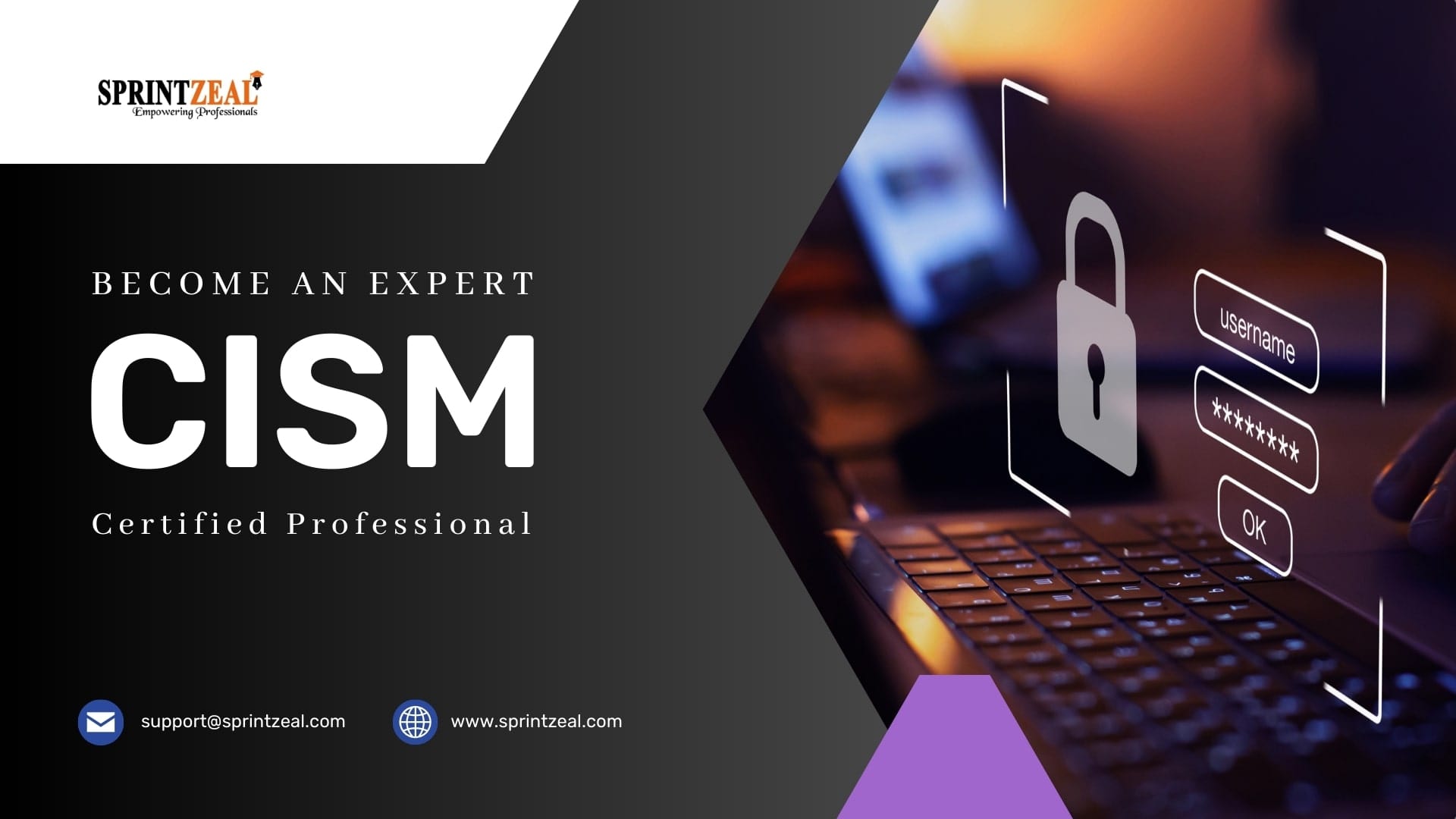Introduction
In today’s rapidly evolving digital landscape, organizations face increasing threats to the security of their information assets. As auditors play a critical role in ensuring the integrity and reliability of financial information, it is essential for them to possess the necessary skills and knowledge to assess and address the risks associated with information security. The Certified Information Security Manager (CISM) certification offers auditors a comprehensive framework to enhance their abilities in managing information security. In this blog post, we will explore how obtaining the CISM certification can strengthen audit processes and contribute to the overall security posture of organizations.
Understanding CISM Certification
The CISM certification, awarded by the Information Systems Audit and Control Association (ISACA), is globally recognized as a leading certification for information security management. It validates an individual’s expertise in managing, designing, and assessing an enterprise’s information security program. While primarily aimed at information security professionals, auditors can greatly benefit from obtaining this certification due to the overlap between their roles and the skills covered in the CISM domains.
Enhanced Understanding of Information Security
One of the key benefits of the CISM certification for auditors is the comprehensive understanding it provides of information security concepts and best practices. The certification covers four domains: Information Security Governance, Information Risk Management, Information Security Program Development and Management, and Information Security Incident Management. By mastering these domains, auditors gain a deeper understanding of the various components and processes involved in securing information assets.
Improved Audit Planning and Execution
Auditors equipped with CISM certification possess the necessary skills to assess the effectiveness and efficiency of an organization’s information security controls. This certification equips auditors with the knowledge required to identify vulnerabilities, evaluate risk levels, and recommend appropriate control measures. By leveraging this expertise, auditors can enhance their audit planning and execution processes, leading to more accurate and comprehensive audit findings.
Effective Risk Management
Risk management is an essential aspect of auditing, as auditors must identify and evaluate risks associated with an organization’s information systems. The CISM certification training provides auditors with a structured approach to risk management by focusing on assessing and mitigating information security risks. By integrating this risk management framework into their audit processes, auditors can ensure that their evaluations are aligned with industry best practices and regulatory requirements.
Alignment with Industry Standards and Regulations
Organizations across various sectors are subject to an increasing number of industry standards and regulatory frameworks. The CISM certification equips auditors with the knowledge and understanding of these standards, such as ISO 27001, NIST Cybersecurity Framework, and GDPR. This enables auditors to evaluate an organization’s compliance with these standards and provide valuable insights to management and stakeholders.
Stronger Communication and Collaboration
Effective communication and collaboration are essential for auditors to convey audit findings and recommendations to management and stakeholders. The CISM certification equips auditors with the skills to communicate complex information security concepts in a clear and concise manner. Additionally, the certification fosters collaboration between auditors and information security professionals, enabling them to work together towards a common goal of improving information security.
Continuous Professional Development
The field of information security is dynamic, with new threats and technologies emerging regularly. The CISM certification encourages auditors to engage in continuous professional development to stay abreast of the latest industry trends and practices. By participating in ongoing training and education, auditors can ensure that their knowledge and skills remain relevant and up to date.
Conclusion
In an era where information security is of paramount importance, auditors must possess the expertise to evaluate an organization’s information security program effectively. The CISM certification from sprintzeal provides auditors with a comprehensive framework to strengthen their audit processes and enhance their ability to assess and address information security risks. By obtaining this certification, auditors can elevate their professional standing and contribute to the overall security posture of organizations. As organizations continue to navigate the complex and evolving cybersecurity landscape, auditors with CISM certification will play a crucial role in safeguarding their valuable information assets.



